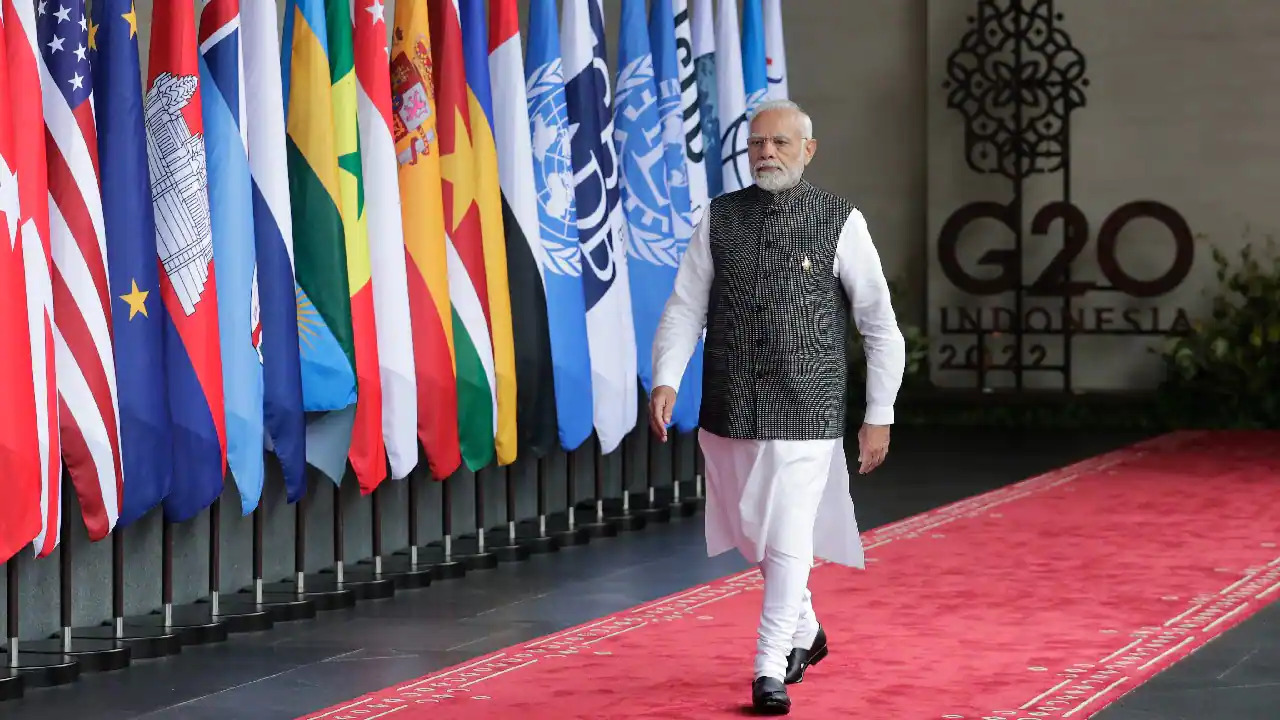In 2023, India assumed the Presidency of the G20. The group was expanded by the G7 essentially as a way of ensuring that non-western countries could nudge significant nations among the rest into directions that the G7 wanted them to go. The Russia-Ukraine war has exposed the futility of that ambition, given that only three countries in Asia back NATO in its response to the Russian military’s open involvement in the battlefields of eastern Ukraine. These are Singapore, Japan and South Korea, the first being a de facto treaty ally of the US, and the remaining two being formal allies having US troops stationed on their territory. Within the G20, not just India but Brazil, Indonesia, South Africa and even NATO member Turkey have refused to adopt the stance taken by the US, Poland and the UK in particular in a conflict that was ignited early last year by the Kremlin. After some threatening sounds and bluster, the G7 have wisely decided to avoid pleasing the Chinese Communist Party by damaging relations with such recalcitrant G20 members through the imposition of sanctions. Presidents Obama and Biden will be recorded in history as having compromised the status of the US dollar as the global reserve currency by weaponizing the greenback against a medley of nations that angered the prickly mandarins of the US Department of State. President Biden, in particular, may need to locate the Biden Presidential Library in Kiev rather than in Wilmington, as his legacy will be as suffused with Ukraine as Lyndon Johnson’s was with Vietnam. Fortunately for the ties between the two biggest democracies on the planet, Biden refused to follow the counsel of those still fighting the ghost of the USSR and sanction India. Overall, despite the US State Department and perhaps because of the calming influence of the Department of Defense, Biden has fashioned a very conciliatory line where India and specifically Prime Minister Narendra Modi is concerned. This could not have pleased that odd couple, Xi Jinping and Vladimir Putin, nor those in his government such as the Victoria Nulands.
Unlike his predecessors, who considered the G20 merely an add on to their responsibilities, and not a particularly important one at that, Prime Minister Modi has sought to transform both the role as well as the perception of the G20. A key focus of the India Presidency has been to focus on what may be termed the G200, the countries that are less developed, the Global South, among which is of course India although not China, which has developed into the world’s other superpower after the US. Within the G20 constellation of verticals, C20, which deals with matters relating to civil
MDN
Equity and empathy mark India’s G20 Presidency
इस शब्द का अर्थ जानिये
- Advertisement -

